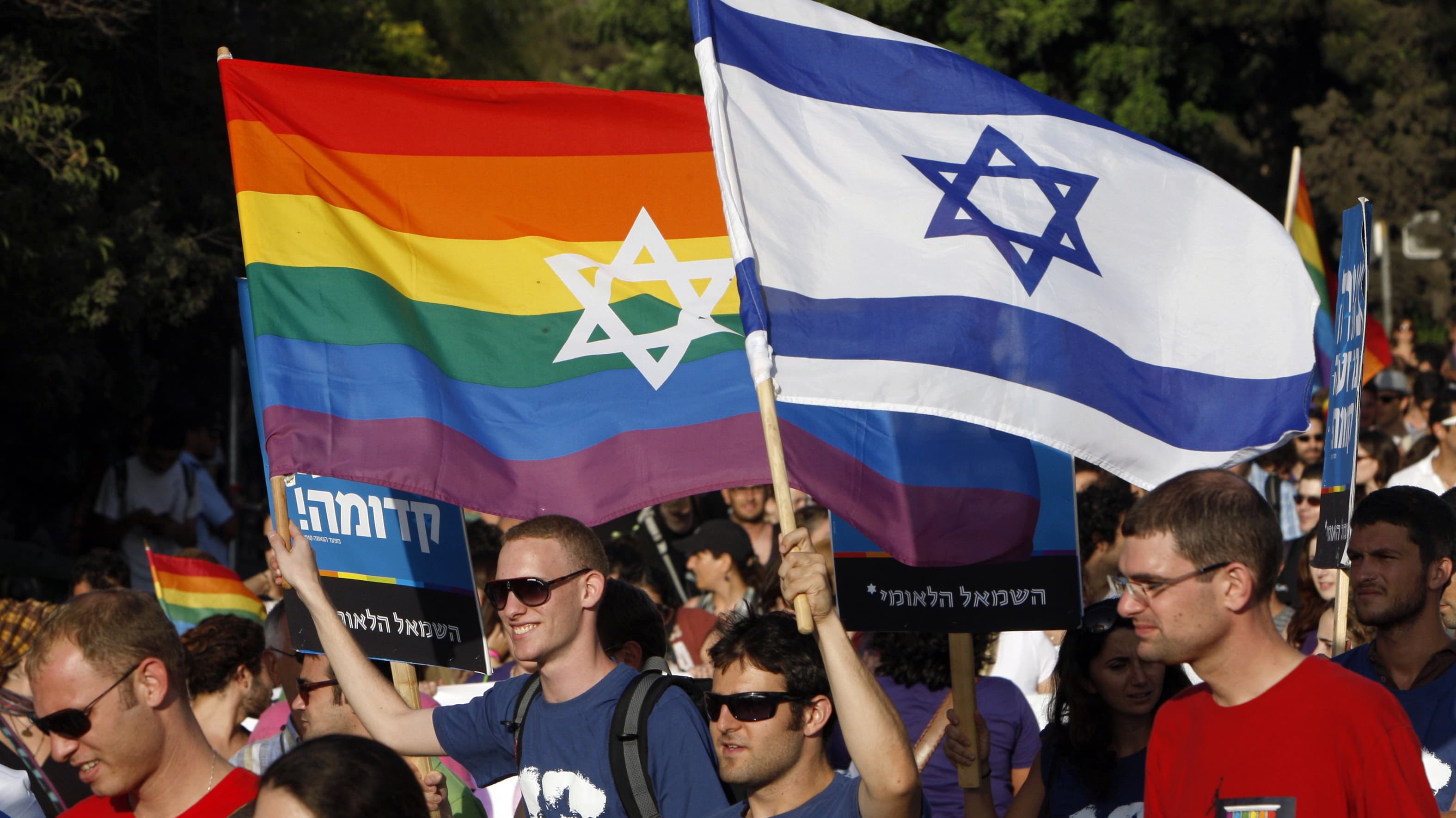LGBTQ+ Rights Divide Middle East: Over 10 Nations Impose Death Penalty or Imprisonment While Israel Offers Broad Protections

A recent social media post by Corey Walker has ignited discussion regarding the stark disparities in LGBTQ+ rights across the Middle East, contrasting Israel's progressive stance with the severe penalties, including capital punishment, enforced in several Arab nations. Walker stated in his tweet, > "I love how this gets held against Israel, but Arab countries literally kill gays for sport and not a single leftist cares. In fact, if you bring this up, they'll call you 'Islamophobic'." This statement, while hyperbolic in its phrasing of "kill for sport," underscores a critical human rights issue in the region.
Israel has significantly advanced LGBTQ+ rights, having decriminalized homosexual acts in 1988, though enforcement had ceased much earlier. The country prohibits discrimination based on sexual orientation in employment since 1992 and recognizes same-sex marriages performed abroad for legal purposes. Additionally, same-sex couples have been granted joint adoption rights since 2008, and transgender individuals can legally change their gender without requiring surgery. LGBTQ+ individuals also serve openly in the Israeli military, and Tel Aviv is widely recognized as a prominent gay-friendly city.
In stark contrast, over ten countries, predominantly in the Middle East and Africa, maintain laws that criminalize same-sex sexual activity, with penalties ranging from lengthy imprisonment to the death penalty. Nations such as Iran, Saudi Arabia, Yemen, Mauritania, Somalia, and parts of Nigeria and Uganda, impose capital punishment for consensual same-sex relations, often based on interpretations of Sharia law. While executions are not always consistently carried out, human rights organizations have documented instances, particularly in Iran and Saudi Arabia.
Other Arab countries, including Bahrain, Kuwait, Lebanon, Libya, Oman, Qatar, and Syria, enforce laws that can lead to imprisonment for same-sex acts. In some instances, such as Egypt, broader "debauchery" laws are utilized to prosecute LGBTQ+ individuals. This legal framework often contributes to widespread societal discrimination and violence against the LGBTQ+ community, with limited legal protections or avenues for redress.
The accusation of "Islamophobia" often arises in discussions criticizing human rights records in Muslim-majority countries. However, human rights advocates emphasize that legitimate criticism of state-sanctioned human rights abuses, including those targeting LGBTQ+ individuals, is distinct from prejudice against Islam or Muslims. The varying legal and social landscapes across the region highlight a complex interplay of religious interpretations, cultural norms, and political systems impacting LGBTQ+ lives.